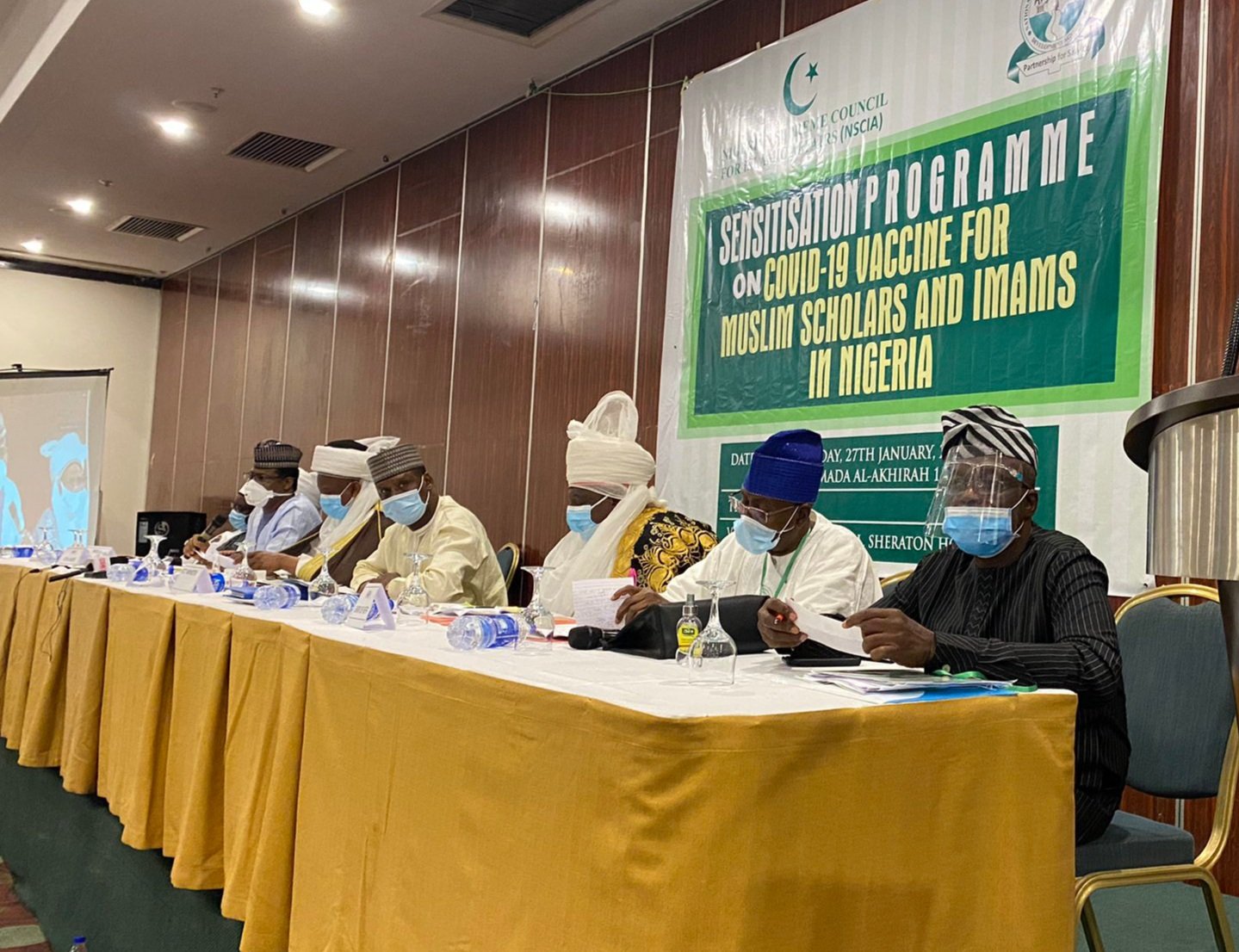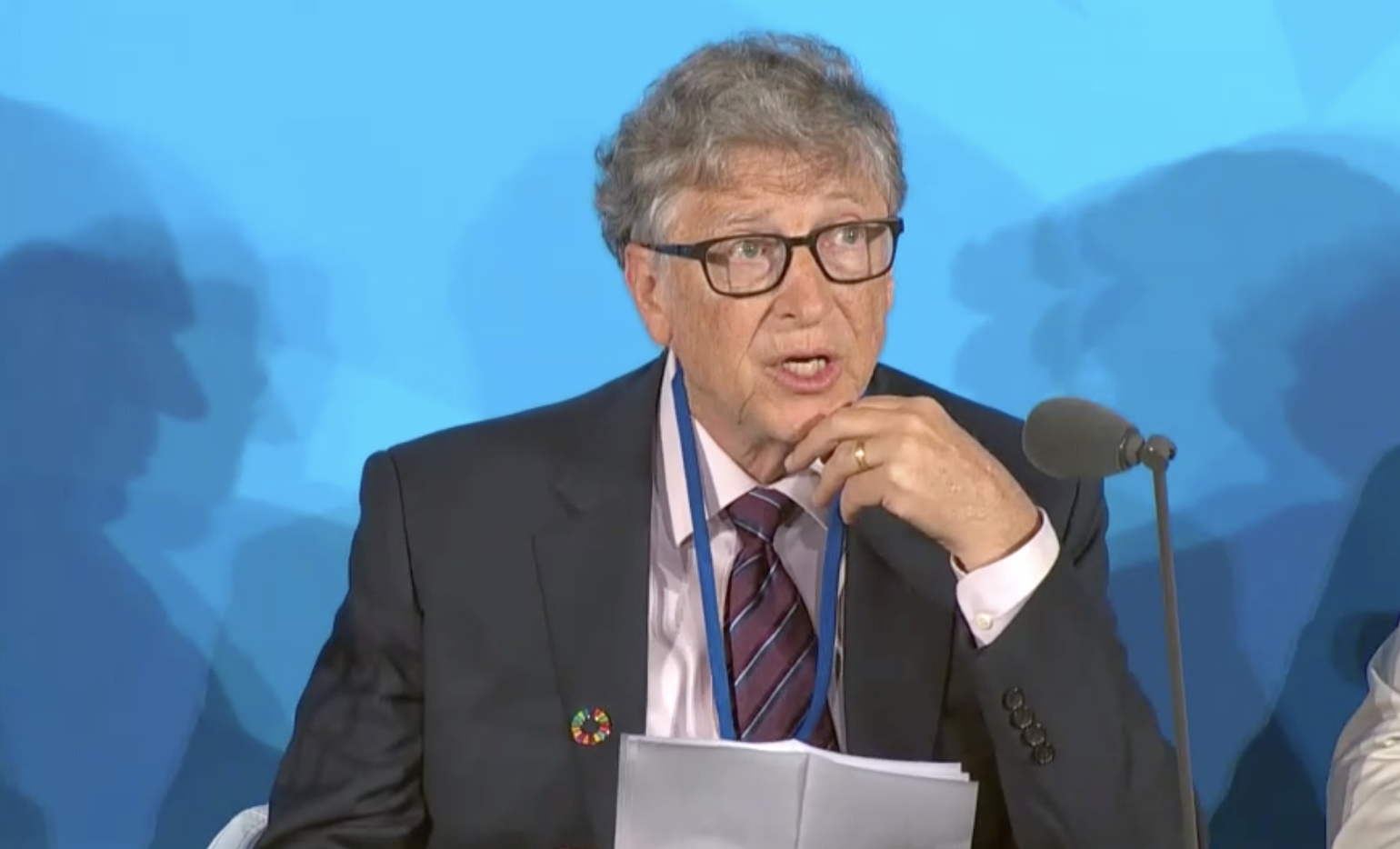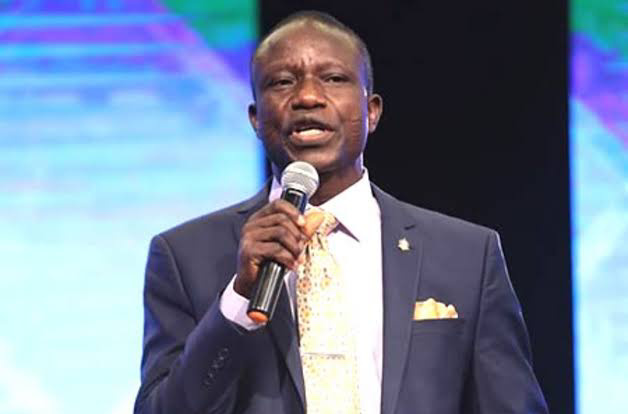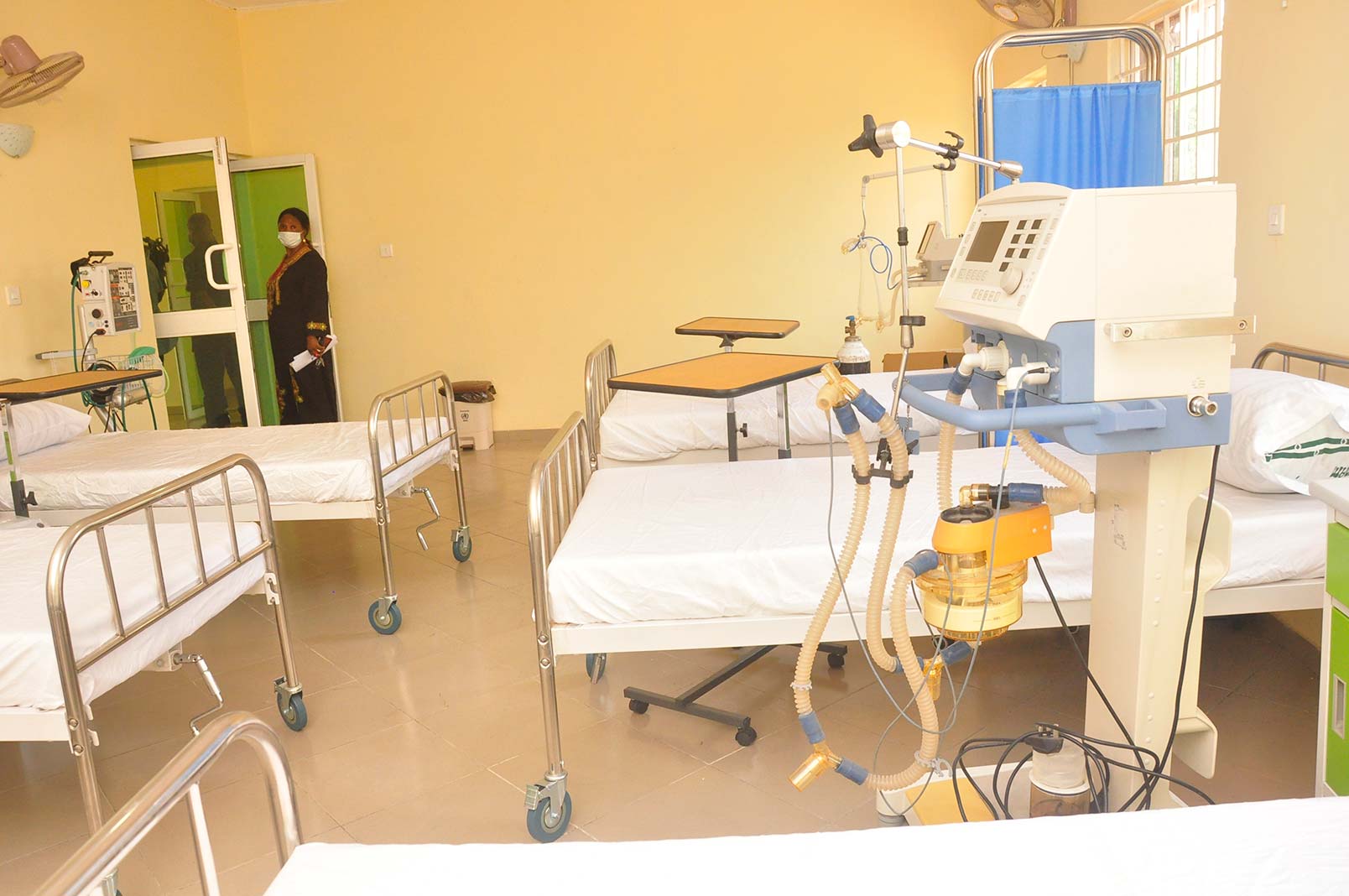In his remarks, the Sultan of Sokoto added that the sensitisation programme was necessary to enlighten Islamic religious leaders, in order to help them understand “the need to convince people to take the vaccine”.
The Nigerian Supreme Council for Islamic Affairs (NSCIA), on Wednesday, held a programme to sensitise Muslim scholars and imams across the country on the COVID-19 vaccine.
Several conspiracy theories, including the use of a microchip to control recipients’ brains, have been making the rounds regarding the vaccines.
These theories have resulted in some people vowing not to take the vaccine when it finally arrives the country.
Nigeria was scheduled to receive the first batch of 100,000 doses of the Pfizer/BioNTech COVID-19 vaccine in January. However, the government said the vaccine will not arrive until February due to issues relating to global demand and supply.
Advertisement
As part of its efforts to flatten the COVID-19 curve, NSCIA, in partnership with the National Primary Healthcare Development Agency (NPHDA) held the programme in Abuja, to enlighten Muslims leaders on the safety of the vaccine and the need to take it.
The leaders, in turn, are expected to go back to their respective locations across the country and enlighten their congregations.
Present at the event were Faisal Shuaib, executive director/chief executive officer, NPHCDA; Sa’ad Abubakar, the Sultan of Sokoto, among others.
Advertisement
Speaking on the initiative, Shuaib said it was part of efforts to “build trust around vaccine safety and define role and responsibility”.
He acknowledged the support of religious leaders on ensuring the dissemination of the right information concerning COVID-19, adding that “we are here to listen and discuss with you on how to deliver the vaccine effectively.”
Add a comment







